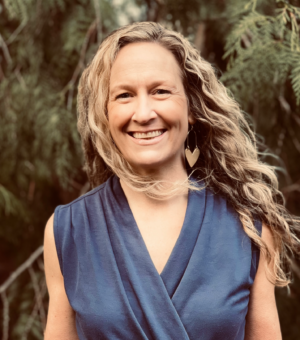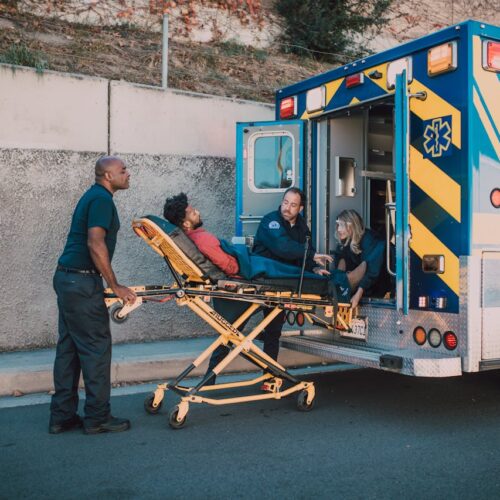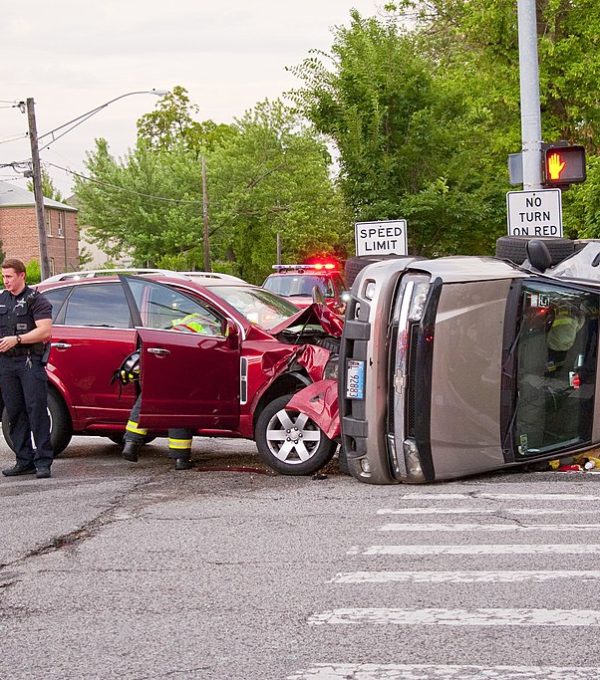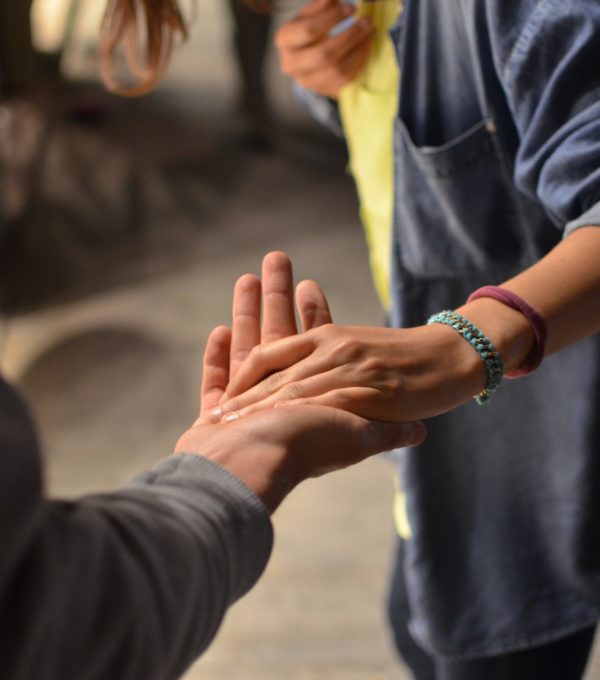
********This application deadline has passed********
The Council of State Governments (CSG) Justice Center, in collaboration with the Center for Policing Equity, is hosting a virtual learning community focused on enhancing crisis system alternatives through public health and community-centered approaches. The learning community will be led by CSG Justice Center policy staff and include opportunities for mutual learning and presentations from various attendees and leaders in the field. Teams will leverage the learning community to implement or significantly enhance their community’s crisis system to divert community members in crisis from jails and emergency rooms. Upon completion of the learning community, teams will be equipped with an action plan, including an implementation and funding plan. To build the plan, teams will work through a planning and implementation guide that covers key topics such as goal setting, community engagement, resource mapping, stakeholder buy-in, program development, sustainability, and more.
Crisis System Learning Community Session Dates:
- Thursday, November 3, 2022
- Thursday, December 15, 2022
- Thursday, February 23, 2023
- Thursday, April 20, 2023
- Thursday, June 22, 2023
All sessions will take place 2:00–4:00 p.m. ET via Zoom web meeting.
Teams that are interested in participating should submit this application by Wednesday, October 12, 2022. A CSG Justice Center staff member will follow up with you regarding application status by Thursday, October 20, 2022.
If you have any questions, contact Anne Larsen at alarsen@csg.org and/or attend the application drop-in office hours on Tuesday, October 4, 3:00–4:00 p.m. ET via Zoom.
Who should apply?
This learning community is open to teams that are hoping to explore pathways to divert community members in crisis from jails and emergency rooms and implement or significantly enhance their community’s crisis system. Applicants must have a desire to utilize alternative approaches to community members in crisis due to poverty, substance use, and mental health in lieu of a law enforcement response.
Who should participate?
Applicants are required to participate as an interdisciplinary team, with each team including representatives such as (1) a crisis system-hospital or behavioral health representative; (2) a first responder (law enforcement, fire, or EMS); (3) a community champion or advocate; (4) a representative from community-based programs such as harm reduction services, peer supports, or shelter/housing; (5) a city or county public health staff member; and (6) a data representative.* In addition to these team members, applicants are encouraged to include a person or family member who has experienced or been impacted by homelessness, substance use, mental health, or incarceration and/or a 911 dispatch representative on the team. Six team members at most may actively participate in each session; additional team members may join to listen in.
*Note, the data representative will be the learning community’s point person for data collection related to the project. This person will be responsible for collecting data relevant to the learning community goals, will attend the learning community sessions with their team, and participate in the Data Collaborative Learning Community. The person serving as the data representative does not need to have any formal research or data education and can be one of the other required representatives.
Data Collaborative Learning Community Session Dates:
- Wednesday, January 11, 2023
- Wednesday, February 8, 2023
- Wednesday, March 8, 2023
- Wednesday, April 12, 2023
- Wednesday, May 10, 2023
What will the Crisis System Learning Community sessions cover?
Session 1: Setting the Stage
In this session, team members will introduce themselves and discuss team goals. Community engagement is fundamental to building community trust and buy-in while informing program design, staffing, and the assessment of community needs. This session will address the importance of community engagement in program development and throughout the implementation phases of alternative responses to community members in crisis. Team members will learn how to engage their community through listening and learning sessions, surveys, impacted community member interviews, and stakeholder focus groups.
Session 2: Identifying Community Resources and Intervention Points
In this session, teams will identify what resources already exist in their communities and discuss partnerships for referral to treatment, recovery supports, housing, and other available community resources. Additionally, this session will address potential gaps in services and the challenges of community-led responses when there are little or no crisis services. Teams will also discuss intervention points and partnerships with behavioral health and criminal justice stakeholders.
Session 3: All Things Dispatch
This session will cover everything related to dispatch. Who answers the call? What types of calls can be diverted? How does 988 work? Establishing an effective call triaging protocol enables communities to connect people in need of emergency and non-emergency assistance to the most appropriate response as quickly as possible. The triage process can be used to determine when to dispatch a community responder team to address calls that involve mental health and substance use crises, non-emergency medical needs, public disturbances, welfare checks, and housing crises.
Session 4: Staffing Models
Community responder staffing models are as diverse as the communities they serve. The first step in discussing program staffing often starts with identifying which lead agency will house the program (nonprofit, existing government agency, or a newly formed government agency) and incorporating information gathered through community engagement and needs assessments. Communities are staffing their programs with a variety of staff, including peers, clinicians, behavioral health specialists, EMTs, nurses, and mediators. This session will guide teams through the information gathered during their community engagement and needs assessment efforts and discuss practical logistics, opportunities, and challenges with various staffing models.
Session 5: Building and Sustaining the Plan
In this final session, teams will synthesize the work from across the first four sessions into an action plan. The action plan will include key implementation steps that outline roles and responsibilities across partners, key performance metrics, and a plan for sustainable funding and program evaluation.
Photo by Jonnica Hill on Unsplash.
About the author

In response to growing calls for police reform in New Jersey, particularly following the shootings of Najee Seabrooks…
Read More Three Things to Know About New Jersey’s Groundbreaking Community Response Legislation
Three Things to Know About New Jersey’s Groundbreaking Community Response Legislation
In response to growing calls for police reform in New Jersey, particularly following the shootings of Najee Seabrooks and Andrew Washington in March and August 2023, a coalition of law enforcement officials, mental health professionals, and community advocates partnered to explore public safety response alternatives.
Read More Apply Now: Join a Learning Community for Community and Crisis Response Teams to Improve Responses to Youth
Read More
Apply Now: Join a Learning Community for Community and Crisis Response Teams to Improve Responses to Youth
Read More
 Apply Now: Join a Learning Community Focused on Substance Use and Overdose Community Response Programs
Read More
Apply Now: Join a Learning Community Focused on Substance Use and Overdose Community Response Programs
Read More
















